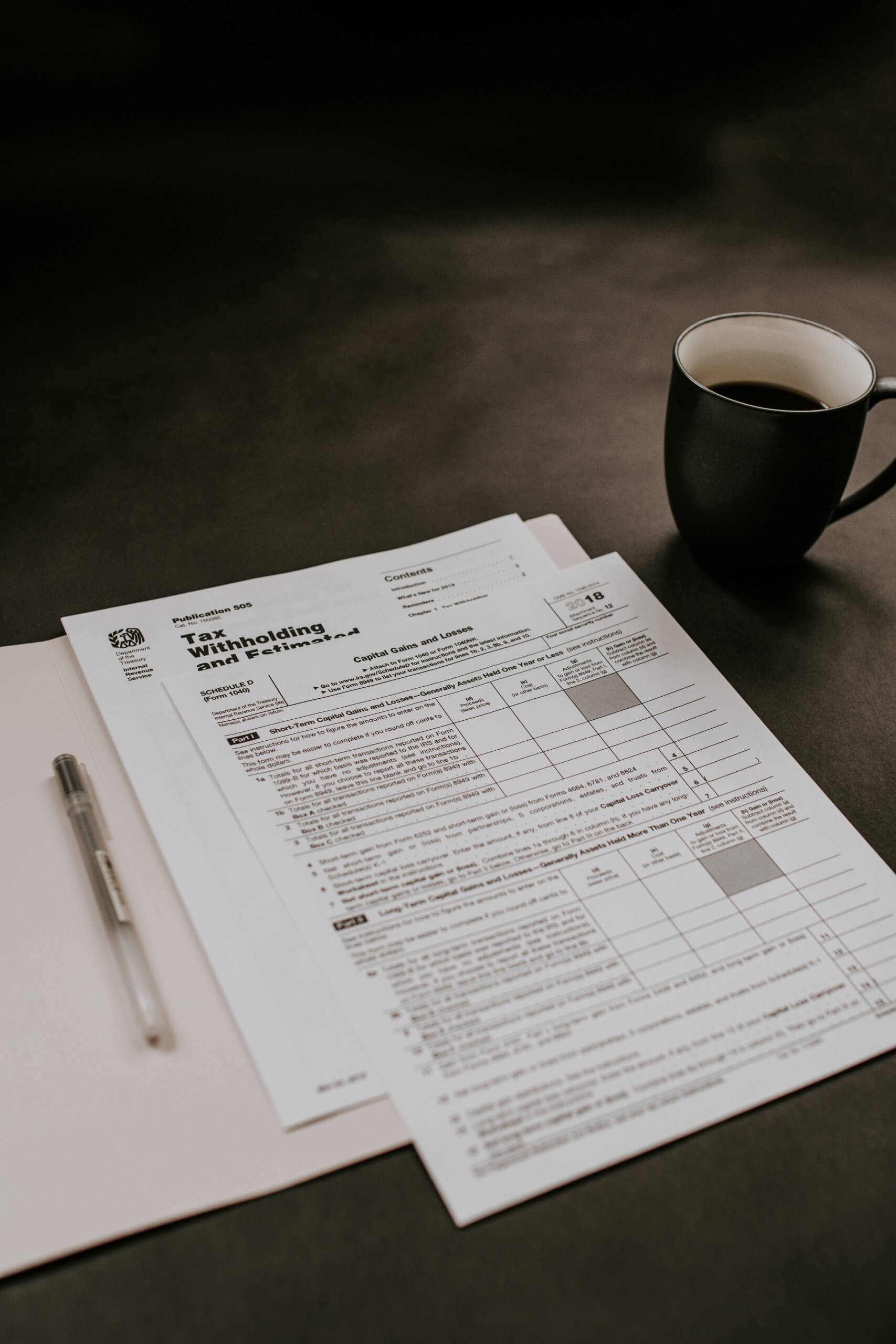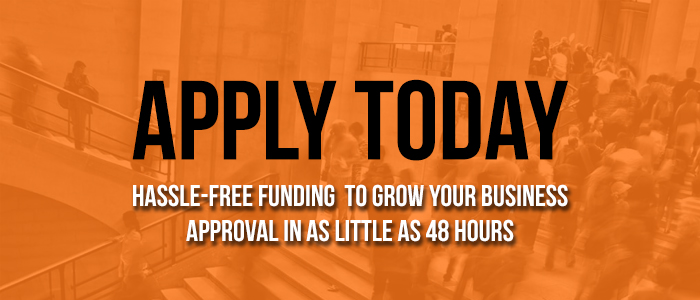There is one fundamental truth for any business out there. It is that you need cash to help progress and grow your business. This isn’t limited to start-ups; it can also encompass limited liability corporations, sole proprietorships, or small businesses that need loans. They will have to have been around for 3 months to multiple years in business.
The funding process is a scrutinized one. Lenders will look into both you, and your business to see if you are a viable borrower. This includes a brief underwriting into your company’s business credit, history, balance sheet, revenues, and any equity contributions.
But passing a credit check is not the only important aspect here. Even if your business is healthy, most lenders may require collateral to ensure that their loans will be repaid. Collateral is an additional form of security that can be used to provide an assurance to a lender. You are not limited to one source to repay the loan.
What you may not have realized is that you can offer up both your personal property as well as any business property as a form of collateral to acquire that business capital. This can be a risky proposition if your business is not on steady ground. Be aware of your options before committing to this kind of collateral.
Here are a few tips on how to navigate using your assets as collateral. Learn how you can mitigate some of the risks that are associated with defaulting on any loan that you procure.
Know Your Collateral
There are two types of collateral: assets that you still have a loan out against and assets that you own. So, if you have an asset with a loan on it, such as a house or business location with a mortgage, the bank is then able to recoup that loan. They refinance through the lending institution and claiming the title for themselves.
Ironwood Finance was able to secure a $68,500 deal for a client with a weekly payment of $1,500.00 over the course of 366 business days. The merchant was able to secure enough capital to pay off his MCA balances and net some capital to use towards his business.
Vehicles and land are the most common types of collateral out there. But you can also put up pieces of equipment that have a title of ownership involved.
With any property collateral, there has been a bit of apprehension since it does add more time to the file before we are able to fund. The titling company conducts a more intense underwriting that a normal cash advance. This can be a roadblock for merchants if they are looking to secure funding as fast as possible. However, this is the most common way to secure a small business loan that will ultimately take a business to the next level.
There is also a matter of business inventory. If you are taking out a loan to purchase inventory, that inventory can actually act as the collateral for the loan. The problem for lenders here is that, if you struggle to sell that inventory, they likely won’t be able to either and will be out the money for the loan. Which sometimes is not the best avenue when pursuing an advance.
Last is the most complicated form of collateral. You can get the bank to accept that purchase order as the collateral if you have a big order and need resources to meet that demand. This is trickier to pull off but there are plenty of lenders that will use this option. Ironwood Finance being one of them
Understand the Risks of Collateral
When putting up collateral for an advance, there is always an inherent risk. The risk here is that, if you put assets up as collateral and your business strategy tanks, you could not only find yourself out of business but out of those assets as well.
Loans give you the capital that you need for the next step in your business but they do not guarantee success. Even if you have the greatest idea of all time, it does not mean that your business will be a success.
Whatever you put up as collateral, be prepared for the possibility that you will lose it. Many do not consider this before posting their real estate or equipment as collateral; they simply do it to get the money and do not think about the consequences.
There are also unsecured advances but there is quite a bit of risk involved in this situation as well. Lenders in this situation can charge higher rates for those unsecured loans. The risk a lender assumes increases due to no collateral being tied into the advance. Those rates may not be something that your company can afford. It’s always best to get the opinion of the lender to see which avenue is best for your business. Ironwood Finance’s senior lending officers can guide merchants and brokers in this case.
The last is predatory lending practices. Not everyone has your best interests at heart. There are plenty of lenders that will take advantage of you at a moment’s notice. Make certain that you read the terms of your agreement thoroughly. It is important to know what you are agreeing to before signing it. Again please be careful in who you deal with at any company, you’ll want to ask questions, and fully understand the terms of the agreement you sign up for.
Once you sign that agreement, it can be next to impossible to get out of it even if you are staring down some unfair terms. However, with the experience that the Ironwood Finance team has we’ve dealt with almost every situation that can be imagined. As a lender, we’re focused on growing your business not destroying it. We’ve been able to assist merchants that struggle with their payments. We work out arrangements that are fair to both parties.
Keep Detailed Records
To put it one way, the lender will undervalue your business any chance they get. After all, in the event that a borrower defaults, the lender has to spend resources to take that asset, find a buyer, and eventually sell it in order to recoup their money.
When it comes to the valuation of your assets, make certain that your records are as detailed as possible. This will provide indisputable proof of the value of your assets and keep the lender from taking advantage of you.
Keeping a detailed balance sheet is essential too. When a lender reviews your business documents, they want to make certain that you are paying attention to any and all relevant factors. Every shred of financial evidence is necessary when taking out a loan. It ensures that you are getting the best rate possible and not being shortchanged.
As you can see, the process of offering up collateral is not nearly as easy as one would think. It involves quite a bit of risk for the buyer. Sellers don’t generally like having to sell off seized collateral but it is better than taking a negative on a transaction.
Knowing your options and having an experienced source on your side can mean the difference between a successful loan process and one that puts you into a deeper hole.
It Matters with Matt
Written by Matt Rojas
Rojas is a Senior Lending Officer, ISO Manager, Underwriter, and Factoring Specialist for Ironwood Finance since 2015. His team provides educational information to the small business community, which covers topics such as business financing, education, customer service, and much more. If you’d like to see a topic covered on the Ironwood Finance blog, or be featured please email him at matt@ironwoodfinance.com
Receive more tips for your small business by subscribing to our newsletter:





